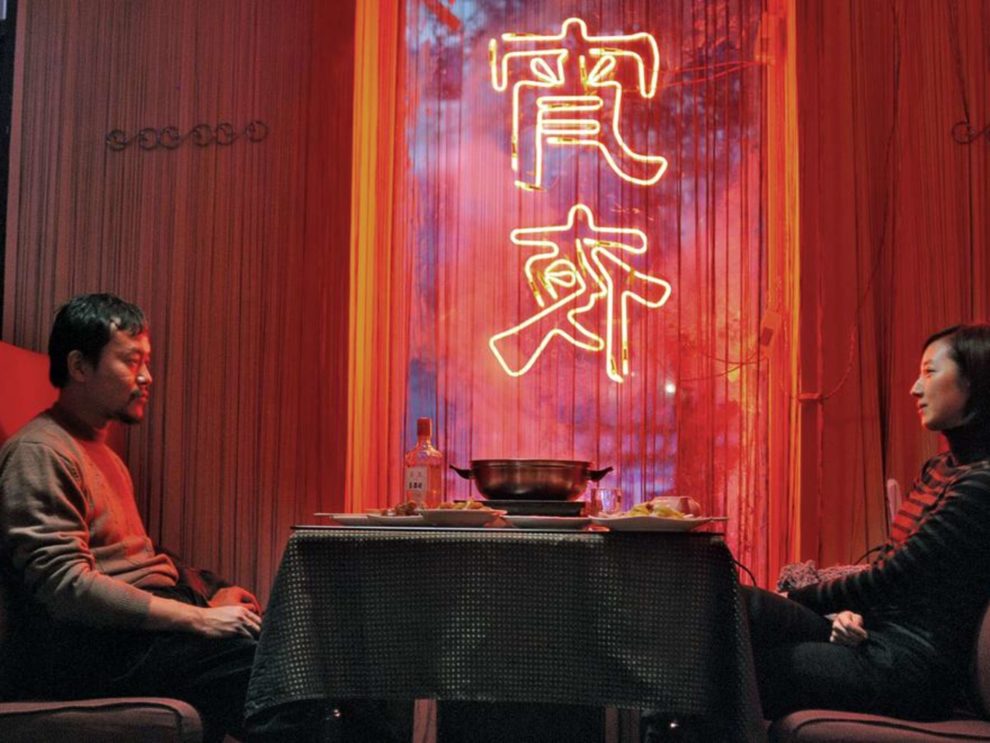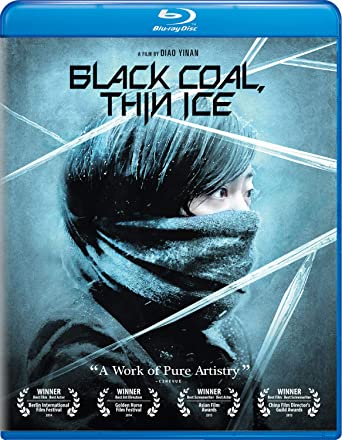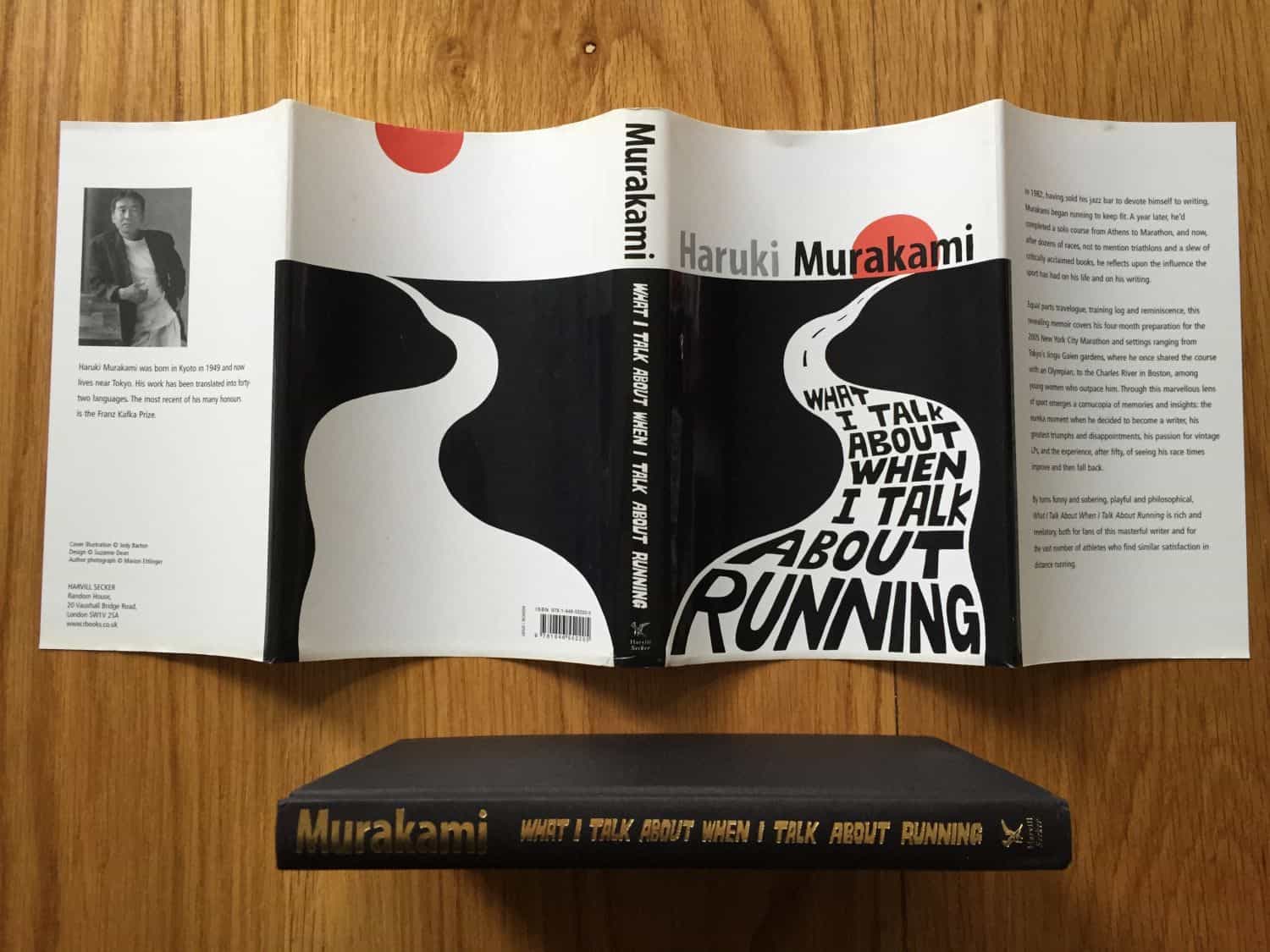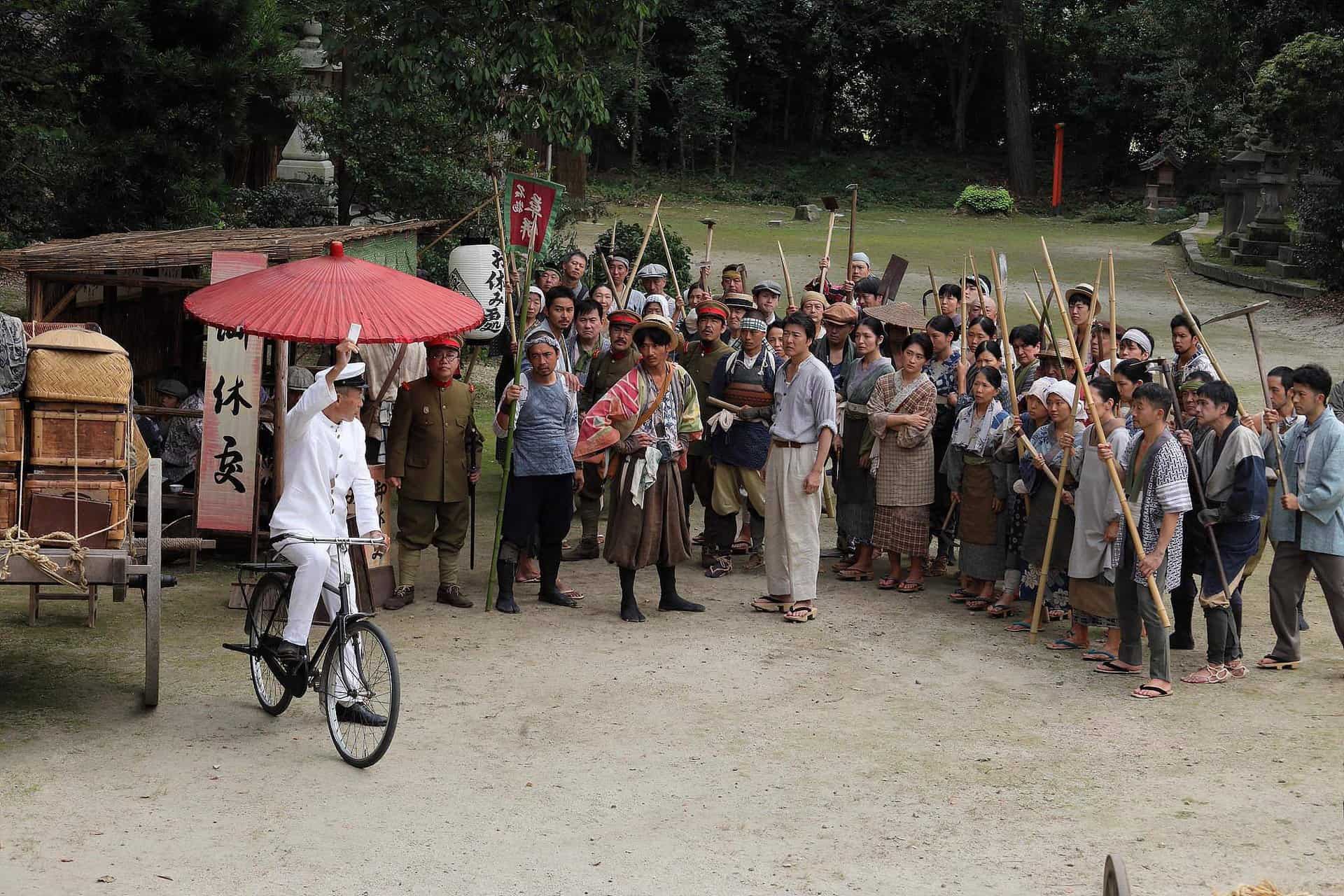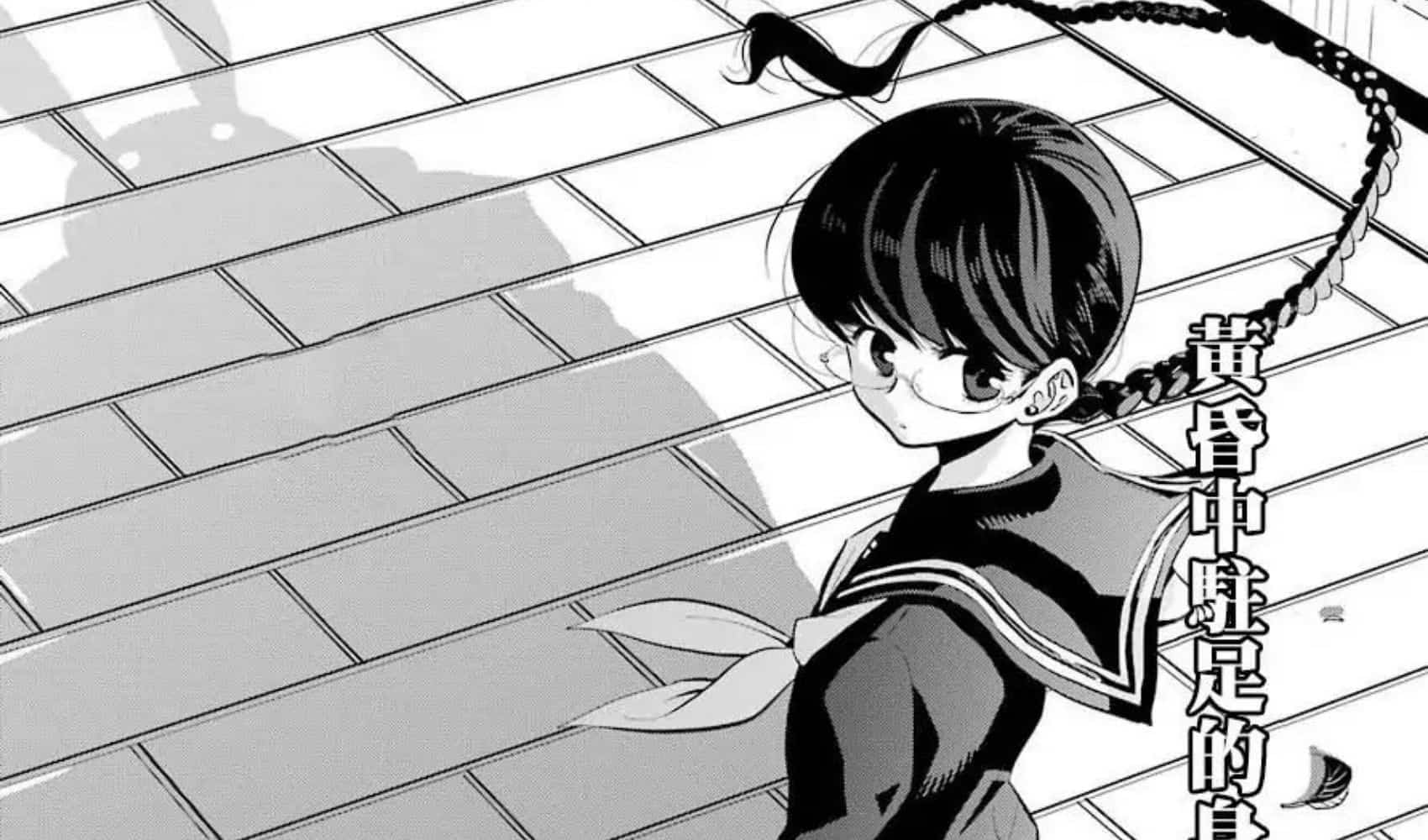Winner of the Golden Bear for direction and Silver Bear for Best Actor in Berlin, “Black Coal, Thin Ice” skyrocketed Diao Yinan‘s fame in the festival circuit, despite the fact that it would take five years until his next work, “The Wild Goose Lake“
Buy This Title
The part labyrinthal, part noir story begins in 1999, in Heilongjiang Province, when the dismembered parts of a human body appear in shipments of coal in different cities. Detective Zhang Zili is assigned to investigate, and with the help of a worker who discovers the clothes and the ID of the deceased, identify the body as coal worker Liang Zhijun. Further investigations lead Zhang, his partner Wang, and two more policemen to a parlor run by two brothers. The potential interview goes horribly wrong, with one of the suspects killing the two policemen and injuring Zhang, before he kills them both. After getting out of the hospital, Wang and Zhang get the ashes of the Liang Zhijun to his widow, Wu, who works at a laundry.
Five years later, a traumatized Zhang has quit the police and turned into a drunken security guard. During a chance encounter with Wang, he learns that two similar murders have occurred again, with the common link between the two victims being that they have dated Wu at some point. Zhang decides to investigate, but soon finds himself more and more attracted to the widow, who turns him down, though, repeatedly. The case however, becomes even more complicated as time moves on and the victims pile up.
Diao Yinan directs a highly stylistic noir, with his focus being on characters as much as the case. A certain level of disorientation, particularly deriving from the no-explanations-offered approach does seem to be on purpose, in essence adding to the overall dreamy/nightmarish base of the story.
The main point, however, is the downward spiral of Zhang, and particularly the way trauma, and essentially the past affects people. Although Zhang is the main source, this comment actually extends to both Wu and the key man who is eventually revealed through a rather impactful twist, which keeps getting more intricate as the story unfolds. Consequently, Diao Yinan also deals with the duality of human nature, as all the protagonists of the story are both victims and perpetrators, on occasion. Particularly the way Wu's duality is highlighted is excellent, since she is repeatedly presented as the victim of the men around her, until she is revealed as something completely different. At the same time, this last comment also moves towards distinct pessimism, with the fates of everyone involved in the movie in essence, being rather dramatic, and frequently not due to their action but due to others' and their own inherent nature.
In that regard, the acting is on a very high level, with both Fan Liao as Wang and Gwei Lun-mei giving impressive performances in rather difficult parts that demand of them, repeatedly, to show their feelings mostly through their eyes and body movements.
Where the film truly thrives, however, is the atmosphere, with the director making excellent use of Jingsong Dong's cinematography, who has captured the snowy exteriors and the claustrophobic interiors in a way that allows the setting to become a key element of the narrative. The way all aspects of the movie are connected, and particularly the spectacular ending with the neon sign of the club and title is ingenious, highlighting Diao Yinan's direction in the best fashion.
Hongyu Yang's editing implements a relatively slow pace, which suits the way of life of the protagonists and the snowed setting, in a style that could be described as art-house. However, Diao does not allow it to become distinctly arty, since there is enough violence and sex here to point towards the noir thriller, with the film occasionally bordering on exploitation, although the graphic depiction of violence is avoided for the most part. Lastly, the way he manages to implement humor inside a setting that is anything but, is also impressive.
“Black Coal, Thin Ice” is a great art-house noir that thrives on both contextual and visual level, with the awards it received being utterly justified.


